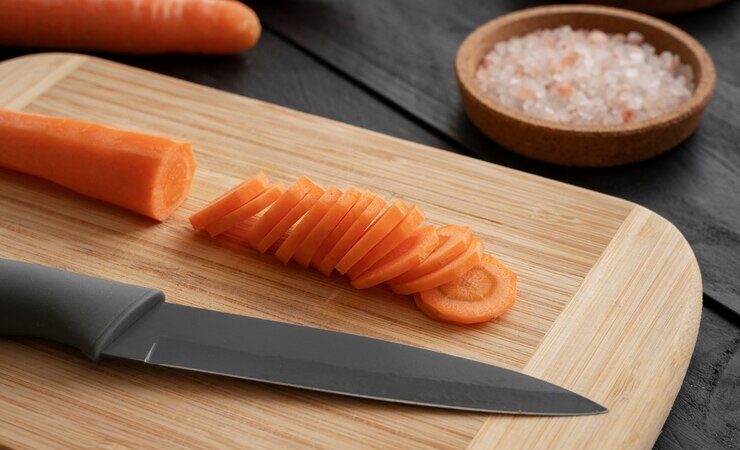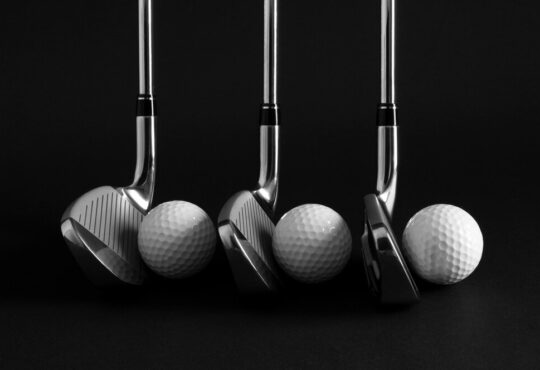
Among the tools essential for a chef in Japanese-style cuisine is a vegetable knife, which requires profound craftsmanship and excellent sharpening techniques. These knives from Chef Supply Co have become crucial weapons for both amateurs and experienced people when it comes to cooking, as they are used for everything from cutting crisp cucumbers to pickling carrots. Moreover, such machines are like tools that need to be well cared for to perform their best. Understanding the necessity of honing and sharpening hard and soft vegetables of this knife is fundamental to its prime condition.
Let’s start with honing. Notwithstanding that, curtailing is similar to a quick tune-up for the knife. It helps to avoid dulling the blade and keeps the knife sharp between sharpenings. When working with knives, knife blades can sometimes bend at a very small angle or misalign, and being bent like that affects the full cutting ability. In most cases, a honing steel is highly recommended as it locks the edge while ensuring it stays straight and very sharp. Just as the teeth of a comb will be kept in a straight position by being adjusted, this shows how laws help maintain the stability and order of society.
On the other hand, the sharpening process is a more intensive procedure that involves removing a small amount of metal from the blade to produce a new, sharp edge. When the edge becomes too dull and can no longer be restored with honing, the player discards the card. Honing can be accomplished using sharpening stones or electric sharpeners the same way as sharpening, but instead, it restores the knife’s sharpness to its original state.
Now, we will clarify how maintenance techniques apply to a Japanese vegetable knife. Continual sharpening will do the job of holding the edge and continuous cutting. You will need this every time you use the knife. This goal can be attained by mastering the sharpening technique in a regular routine. Consequently, you can prolong the time between sharpenings to preserve your knife.
If you want to master sharpening your Japanese vegetable knife, you must do it zen-like, that is, skillfully. Instead of honing, which properly realigns the edge, we turn to sharpening to remove metal from the blade. Over-sharpening might cause the knife to be less like the original one and, therefore, become weak. So, deeming these issues, it’s very crucial to sharpen only when you need to and to use proper sharpening techniques.
Chef Supply Co recognises the concern of correct knife maintenance and, therefore, stocks blending sticks for flat-bladed knives and sharpening stones designed for Japanese vegetable knives. They craft their knives with durability and precision by design to make the maintenance of your kitchen knife efficient.
Thus, long-term sharpening and maintenance of your vegetable knives requires performing two vital tasks: honing and sharpening. You can prolong your knife’s lifetime if you have a razor-sharp knife all the time and use it only for dire cutting. The essential tools you will find at Chef Supply Co. guarantee that your sake knife can become your trusted assistant in the culinary journey.







